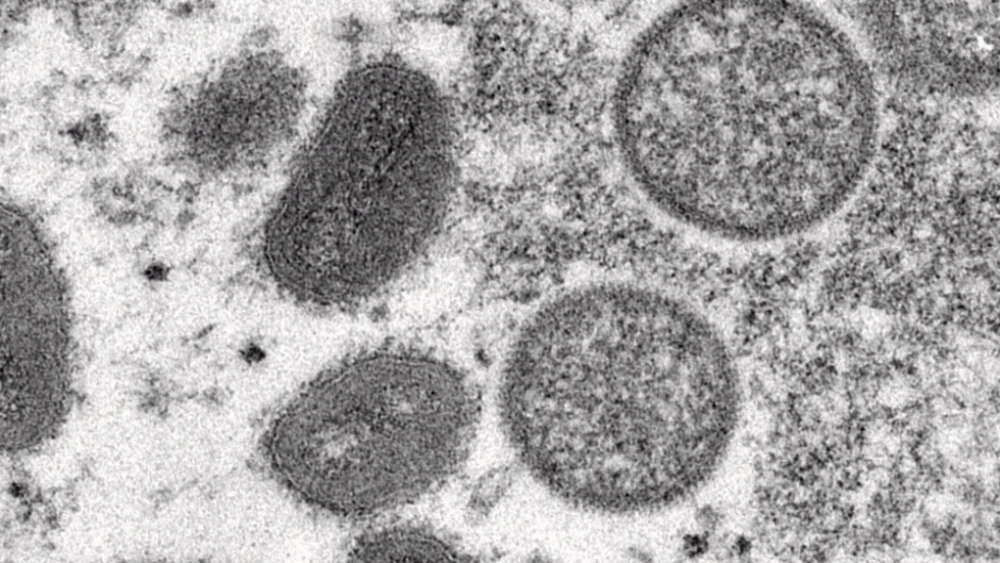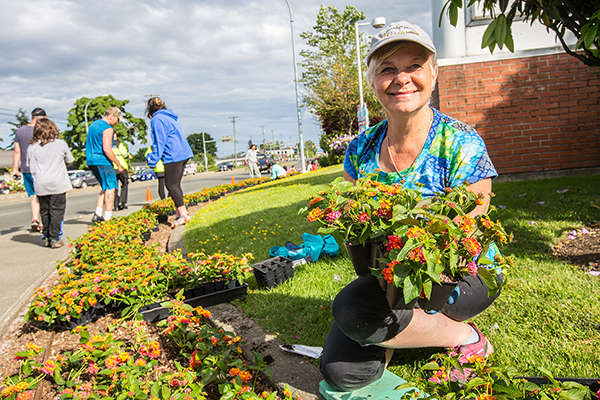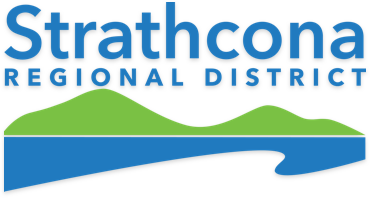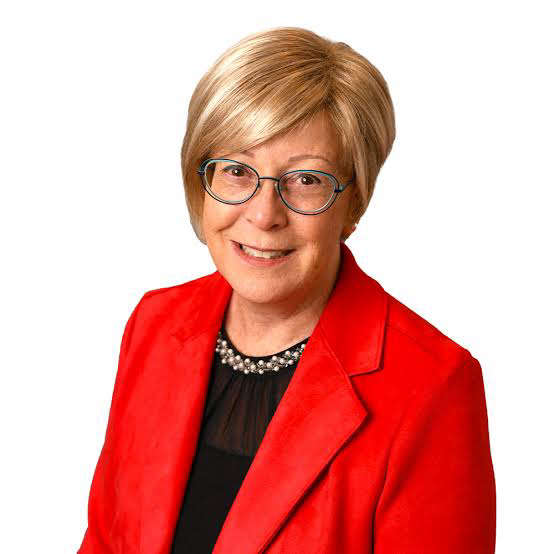
Some major Canadian cities are using clinics to provide Monkeypox vaccinations en masse, but there are no plans to do the same in British Columbia for now.
Some major Canadian cities are using clinics to provide Monkeypox vaccinations en masse, but there are no plans to do the same in British Columbia for now.
The provincial Ministry of Health said it's watching what's going on in Quebec and Ontario, where vaccination efforts are underway in Montreal, Ottawa, and other cities.
On Friday, health officials said the total number of confirmed infections reached 168 across Canada. Of those, 141 are in Quebec, 21 are in Ontario and four are in Alberta.
The provincial health officer and B.C. Centre for Disease Control are working closely with provincial, territorial, and federal agencies on a "coordinated outbreak response" to manage the disease.
What that response looks like for now is ensuring cases are being reported. Health-care providers need to use national case report forms and laboratory testing protocols need to be in line with those of the Public Health Agency of Canada.
When it comes to vaccines, they're only available in B.C. for now for close contacts of confirmed cases, but the ministry said it is "working with at-risk communities to determine the need for broader vaccination campaigns."
As for why the shots aren't available to everyone, the B.C. Health Ministry said that essentially, there just aren't enough.
Monkeypox is a viral disease transmitted through direct contact with contaminated objects, people and animals.
Symptoms include lesions or sores on the skin, including inside the mouth and on genitals and the peri-anal area. Those with monkeypox typically also experience fever and swollen lymph nodes, Health Canada says.
The first signs include headache, muscle ache, backache, chills and exhaustion, but some mild cases may go undiagnosed.
Despite transmission in Canada, the disease is still considered rare.
The best way to prevent transmission is to avoid those with infection. Those diagnosed should self-isolate if possible, and cases should be reported. Handwashing and hand sanitizer can help as well.

 Courtenay - Mile of Flowers Volunteers
Courtenay - Mile of Flowers Volunteers
 SRD - Accessibility Plan
SRD - Accessibility Plan
 Cumberland AAP Wastewater Drop In
Cumberland AAP Wastewater Drop In
 Ronna-Rae Leonard - Running Again
Ronna-Rae Leonard - Running Again
 Psychotherapy Care
Psychotherapy Care
